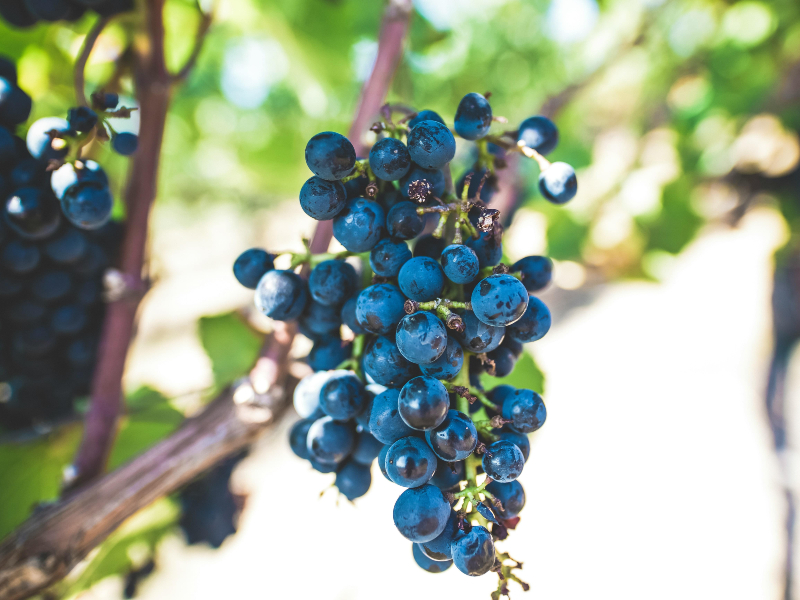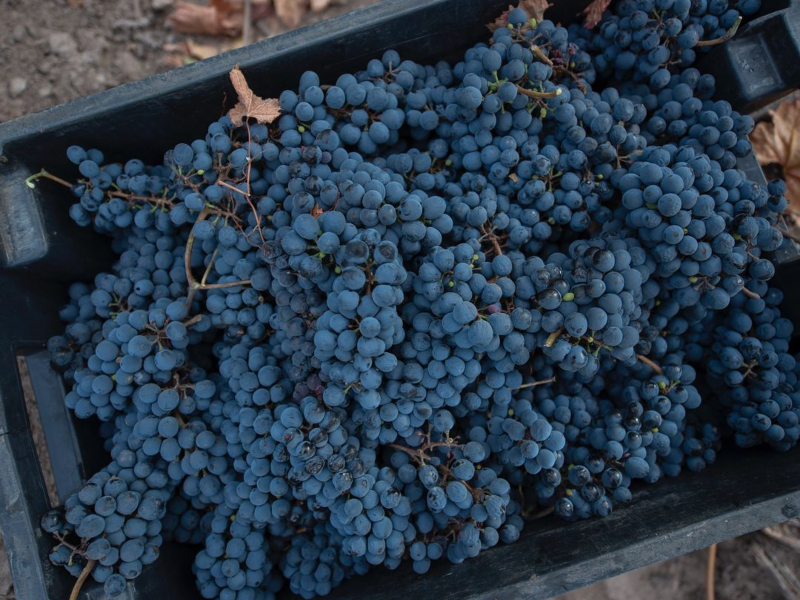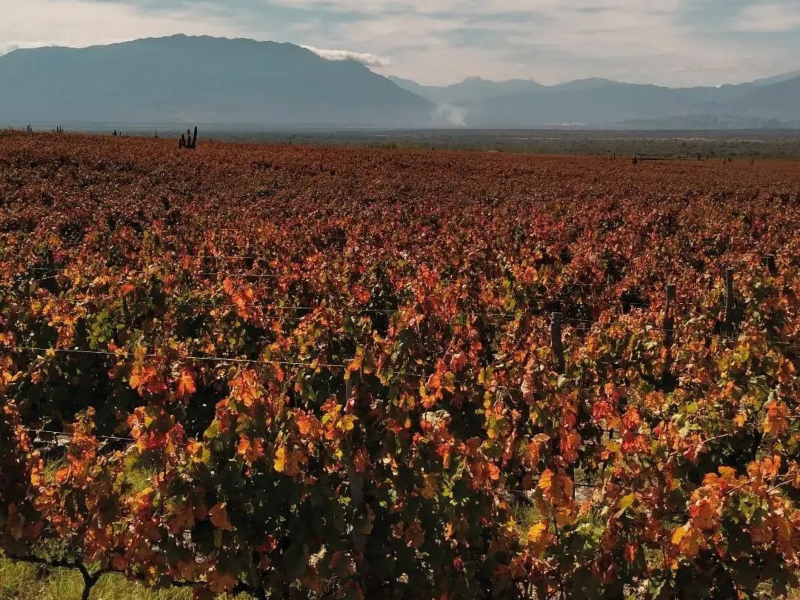The number of establishments focusing on sustainable oenotourism is growing rapidly in Argentina while the Province of Mendoza was chosen as a successful case study at the World Oenotourism Conference in Punta del Este in March 2024.
Sustainable, federal oenotourism
In the provinces of Salta and Mendoza, Piattelli Vineyards apply sustainable principles to their wine production and hospitality areas, making responsible use of water, energy and waste management. In Agrelo, they offer visits to the winery and restaurant. In Cafayate, visits to the winery and restaurant are complemented by a luxury resort with 18 cabins, different restaurants and pools and a spa. Their sustainability programs include re-using sheets and towels at the resort, separation of waste and recycling of paper and cardboard, composting organic waste from the restaurant, the reduction in energy use through the implementation of LED lighting and responsible water management.
Located in Luján de Cuyo, Casarena Bodega y Viñedos implement their sustainable and environmentally aware philosophy throughout their operations, which include the hospitality and tourism areas, where they welcome about 600 visitors a month.
Their most recent addition is Savia Cocina, which is run very much according to sustainable practices and completes the hospitality area and Casa Naoki accommodation, along with the Visitor Center at the winery. The building was mostly constructed using rammed earth so that the walls are actually made of the same soil as that found in the vineyard, preserving the local native flora.
The restaurant has its own vegetable garden and compost area, purchases exclusively from local suppliers, recycles its oils and separates its waste. Everything on the menu that isn’t eaten is composted.
“Conservation is protecting our future and in an industry where our experience of what we share and communicate is of the utmost importance, we need to make choices that really matter. Sustainability must be a pillar of every organization, today we wouldn’t conceive of creating a product that doesn’t respect and practice sustainability and tourism can be a great tool for communication and education so it must be at the forefront of these areas,” says Claudia Piedrahita, CEO of the company.
Córdoba and sustainable oenotourism

In other, newer wine regions in Argentina, sustainability and sustainable oenotourism are fundamental pillars. This is certainly true of Aráoz de Lamadrid, in Traslasierra, San Javier, Córdoba. As Ana Jordán and her husband Gregorio “Goyo” Aráoz de Lamadrid explain, their concept is based on the philosophy of the Economics of the Common Good (ECG), which approaches sustainability from three different perspectives: environmental, social and economic.
“Our approach is based on the kilometer zero concept wherever we can make use of local resources,” says Jordán. For accommodation, visits and lunches, they source from local suppliers, helping to bring income to the local community and reducing carbon footprints.
Another distinctive aspect is that the accommodations, vineyards and winery are in the middle of the Sierras, spread across 13 hectares of which at least a hectare and a half is untouched native forest that can be toured by visitors.
“Another of the aspects of sustainable oenotourism in Araoz are our efforts to educate and raise awareness among visitors. It’s an excellent opportunity to reach people, especially when backed up by the natural beauty all around us,” says Ana.
The path to a protocol

At the institutional level, interest in sustainable oenotourism has also grown and plans are afoot to raise visibility through short and medium term certification. A few months ago, Bodegas de Argentina (BdA) launched a Sustainable Oenotourism Committee.
As Walter Pavón, the Head of Institutional Relations, reports, in the near future the entire Wine Country Route will be certified as a Sustainable Tourism Destination and in the medium term as an Intelligent Tourism Destination.
The committee features representatives of every stakeholder in the development and future of oenotourism in the country as well as municipal, provincial and national governments and the Argentine Chamber of Tourism. It will also work with universities and the World Tourism Organization on the development of a Guide to Auto-Sustainability in Oenotourism, which will then be a chapter in the BdA Auto Sustainability Protocol.
Mendoza regenerates

Meanwhile, Mendoza is working on the first Carbon Cluster in the province, made up of a partnership between Agrojusto, Gen B Economía, Reciclarg and Portfolio Inversiones, which will lead the transition to a low carbon economy through carbon footprint measurement and reduction, responsible waste treatment, promotion of sustainable finance, producer traceability and regional social development.
One of the projects being implemented is focused on regenerative tourism which will position Mendoza as a sustainable tourism hub that will help to make it featured on national and international tables for Sustainable Tourism Destinations.
The growth of an ecosystem of companies, organizations and entrepreneurs will be encouraged, mainly through B-Corp certification, and an environmental management and/or carbon neutral system that will offer sustainable services to tourists.
Mendoza Regenerates will offer reward programs shared between companies under which consumers will receive discounts for choosing products from sustainable companies; exclusive access to services, and discounts at restaurants, wineries and services that implement sustainable practices. It will also bring cost benefits to member companies as well as access to financing for sustainable projects and tax benefits.
For example, the Municipality of Godoy Cruz is offering as much as a 55% reduction in taxes to carbon neutral companies. “Sustainable tourism plays a leading role in the travel preferences of about 70% of tourists from across the world. The countries in the top 10 of global sustainable tourism rankings are all in Europe so Mendoza has an enormous opportunity to position itself economically as a province and to be a pioneer in Latin America with these kinds of offers,” says Sol Cavichioli, co-founder of Gen B Economía.



